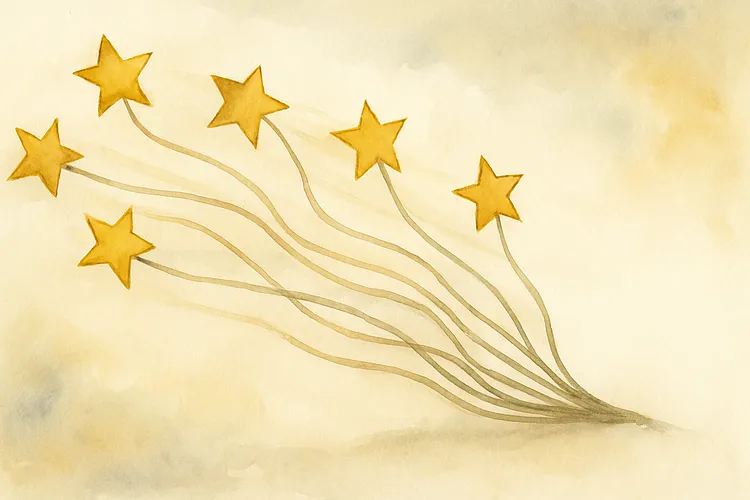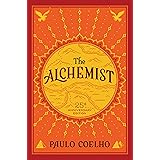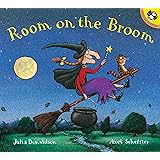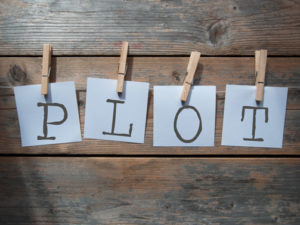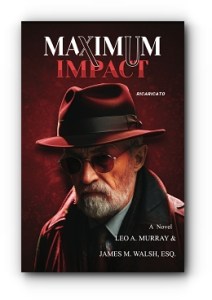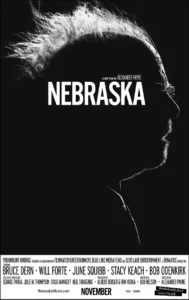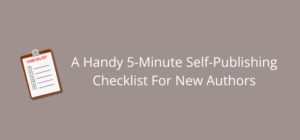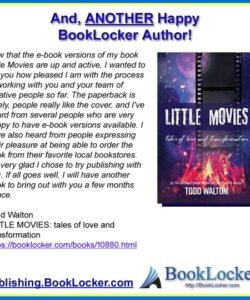Why I Couldn’t Stop Chasing Gold Stars—Even When I Thought I Was Finished

The slow unraveling of a lifetime of needing to be praised
For most of my life, I was the guy who collected gold stars like they paid the mortgage.
Good grades. Awards. Accolades. Likes. Promotions. LinkedIn endorsements from people who’d never seen me work. If there was praise to be earned, I wanted it — not for vanity, but for proof. Proof that I mattered. That I was doing it right.
Then I hit 50. I retired early. I traded my work email for a Gmail address and stopped measuring my worth by performance evaluations.
Or so I thought.
Turns out, stepping off the hamster wheel doesn’t mean the wheel stops spinning in your head. I started writing again — for myself, for strangers on the internet — and realized how quickly the old itch returned. Every kind note from a reader? A micro-hit of validation. Every personal message saying “I felt this”? An echo of the praise I used to get from supervisors and colleagues. Even when I told myself it didn’t matter, I kept checking reactions. I said I was writing for the love of the craft, but I watched every share and replayed every kind word like it was a standing ovation.
That gold star chase didn’t die. It shape-shifted.
And the deeper I get into writing, the harder it is to separate self-expression from self-measurement. Especially when the dopamine drip of even mild praise hits like candy after years of adulting. Word count goals. Style guides. Trending formats. Even literary journals are competitive, and journaling for yourself is never truly free of the invisible audience in your head.
When I first sat down to write, I didn’t think I cared what people thought. Then someone said, “This made me cry,” and I felt like I’d won a Pulitzer. I wasn’t chasing gold stars anymore — but I was still building constellations out of reader praise.
Writing Should Be Liberating. So Why Does It Feel Like Another Metric?
The irony of writing — at least the kind we do publicly — is that it begins as a private ritual and ends as a public performance.
